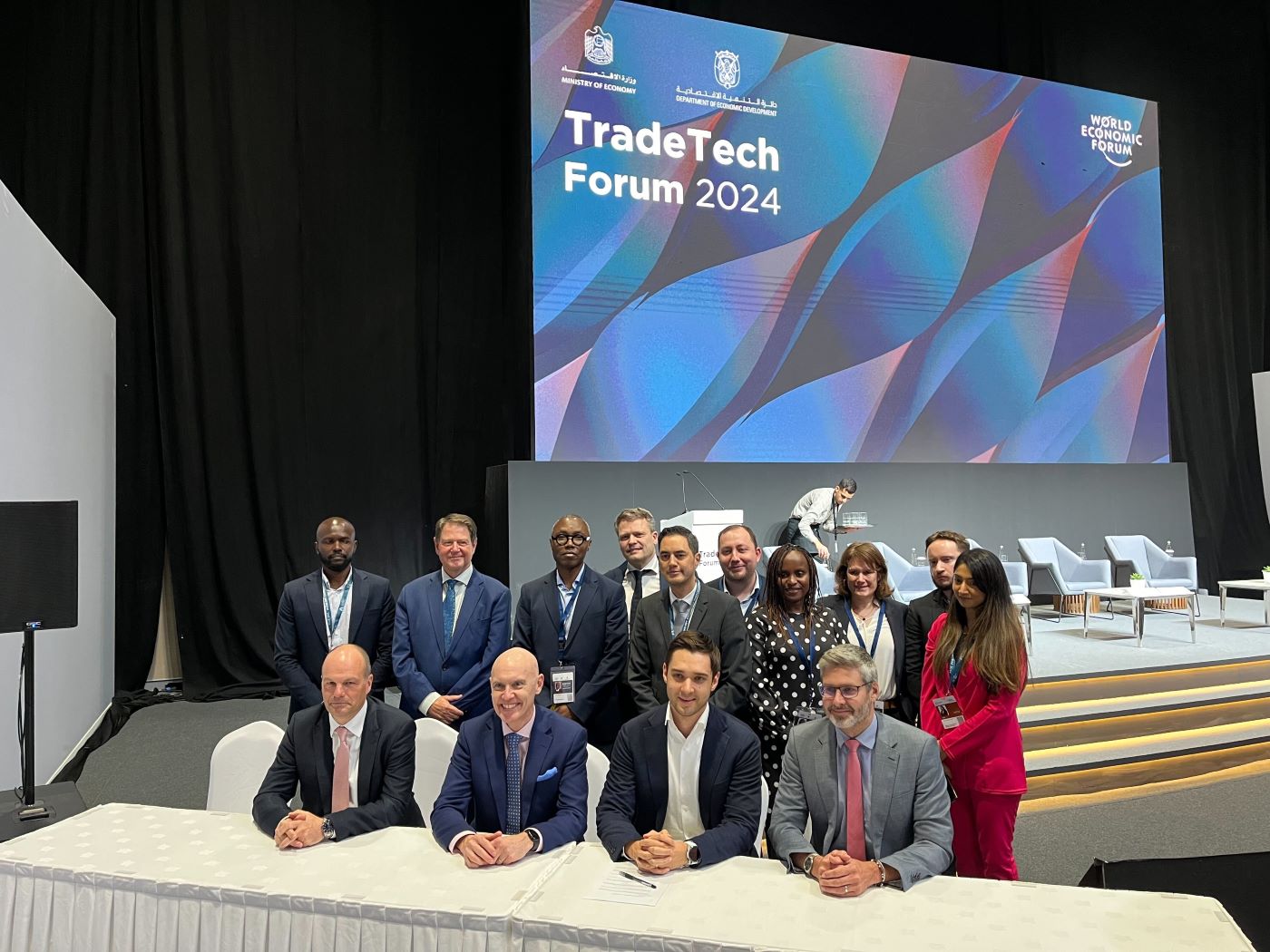In 2019, TradeMark Africa and the IOTA Foundation partnered to change trade processes by removing bottlenecks associated with paperwork, lack of access to information and slow approvals. Under the Trade Logistics Information Pipeline (TLIP) programme, TMA and IOTA set out to develop and implement an electronic exchange of trade information across borders, aiming to reduce transaction costs and time. In 2022-2023, the system’s piloting stage was completed, showcasing the scalability of the technology.
The piloting stage, involving 10 exporters and 76 consignments, was characterised by the deployment of TLIP infrastructure to capture relevant documentation, to include invoices, packing lists, bills of laden, declarations and health certificates. All documentation related to coffee, tea, flowers, frozen fish and canned food trade flows. The TLIP infrastructure is integrated with the Government of Kenya’s Single Window Information for Trade platform, known as KenTrade, which provides access to international trade administration documentation. For example, TLIP will fetch original export declaration certificates from the KenTrade system, avoiding the need to both duplicate entering of information and to store multiple copies of records. UK government border agencies, through access provided to the infrastructure, view and interrogate supply chain documentation up to three weeks ahead of consignment arrival, allowing for agencies to begin relevant risk assessments.
TLIP enables border agencies to have timely access to original supply chain data and to export declarations and licences directly from the source, better informing clearance decisions. Traders benefit from greater predictability of access to customs facilities while crossing borders, which in-turn reduces their administration costs and effort.
For TLIP’s scalability, three key areas were considered. Firstly, the system’s ability to manage multiple transactions per second; and this proved the system’s feasibility. Secondly, both government agencies and supply chain organisations judged the system to provide desirable benefits that promote transparency, information sharing and cost and time savings. Thirdly, using its blockchain base, the system can easily be integrated with other information sharing systems, negating the need for agencies to replace their existing systems.
In its final stages of set up, TLIP was rolled out in Kenya in late 2023 and included functionalities such as:
- Identification, security and permissions management
- Application programming interface integrations with government agencies and other devices
- UN Centre for Trade Facilitation and Electronic Business standard document templates
- Compliance monitoring functionalities.
The country specific part of the platform will allow these functionalities to be tailored according to regional standards and requirements. TLIP’s long-term vision is to expand the infrastructure to other regions and destination markets, with a focus on growing economies for developing regions. This will be done through strategic partnerships with government agencies and port terminal operators.
Discover more about TMA’s digital initiatives in the 2022/2023 Annual Report.















